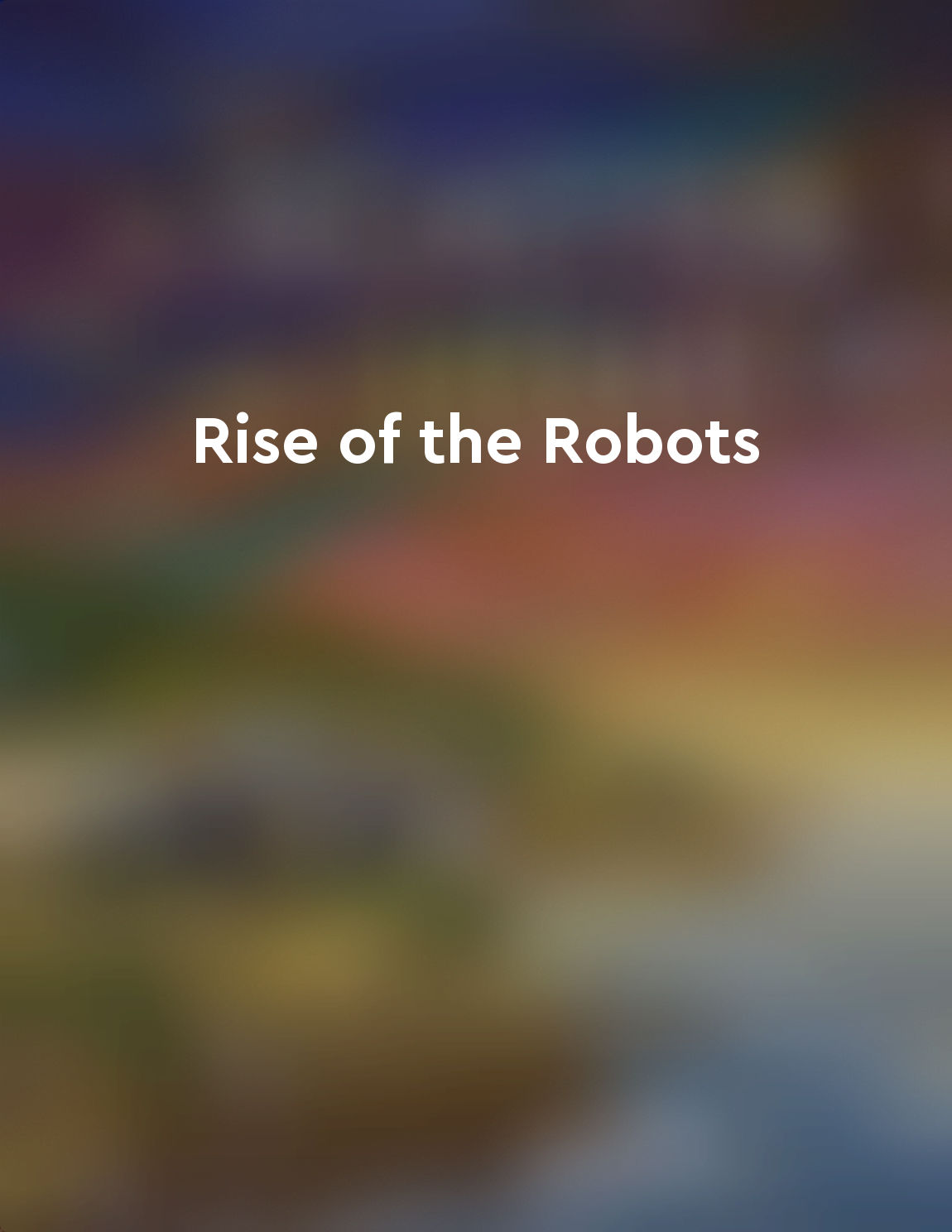Need for a new social contract from "summary" of The New Class Conflict by Joel Kotkin
The crumbling of the old social compact, largely formed in the wake of World War II, has left a chasm between the powerful and the common people. The erosion of this agreement has led to a disintegration of the middle class, with wealth becoming concentrated in the hands of a select few while the majority struggle to make ends meet. The rise of a new elite, made up of tech moguls, financiers, and media personalities, has further widened this gap, leaving many feeling disenfranchised and marginalized. This new class conflict is not just about economics; it is also about culture and values. The elites, who dominate the media, academia, and entertainment industries, push a narrative that is often at odds with the beliefs and traditions of the working and middle classes. This clash of worldviews has only served to deepen the divide between the two groups, leading to a breakdown in social cohesion and trust. In order to bridge this gap and create a more equitable society, there is a pressing need for a new social contract that reflects the realities of the 21st century. This contract must address issues such as income inequality, access to affordable healthcare and education, and the future of work in an increasingly automated world. It must also tackle the cultural divide that has emerged, finding ways to foster understanding and respect between different segments of society. Creating this new social compact will not be easy, as it will require compromise and cooperation from all sides. The elites must be willing to listen to the concerns of the common people and make changes that benefit the broader society, not just their own interests. At the same time, the working and middle classes must be open to new ideas and ways of thinking, in order to move forward together towards a more just and inclusive future. By forging a new social contract that addresses the root causes of the current class conflict, we can begin to heal the divisions that have torn our society apart. It is only through a shared commitment to building a more fair and equitable world that we can hope to create a better future for all.Similar Posts
Innovation collaboration drives progress
In the fast-paced world of modern business, the ability to innovate is crucial for survival. Companies that fail to adapt to ch...
Health disparities are evident
Health disparities are evident when looking at the differences in health outcomes between various groups within a society. Thes...

The rise of robots is a transformative force that is changing the way we live and work
The introduction of robots into our society is not just a minor shift in technology; it is a seismic transformation that is res...
Environmental sustainability will be a priority
In the years ahead, our planet's health will take center stage. This means that ensuring the longevity of our environment will ...
Neoliberalism reinforces inequality
Neoliberalism is a set of policies that have become dominant in the world over the past four decades. These policies have aimed...
Communism leads to a classless society
The essence of communism is the abolition of private property, which is the root cause of class distinctions in society. Privat...
Innovation leads to entrepreneurship
The process of innovation can be seen as a catalyst for the emergence of entrepreneurship in the economic landscape. When indiv...
Leaders must be accountable to the people
In a well-ordered society, the leaders are not masters but rather servants of the people. They hold their power not by divine r...

